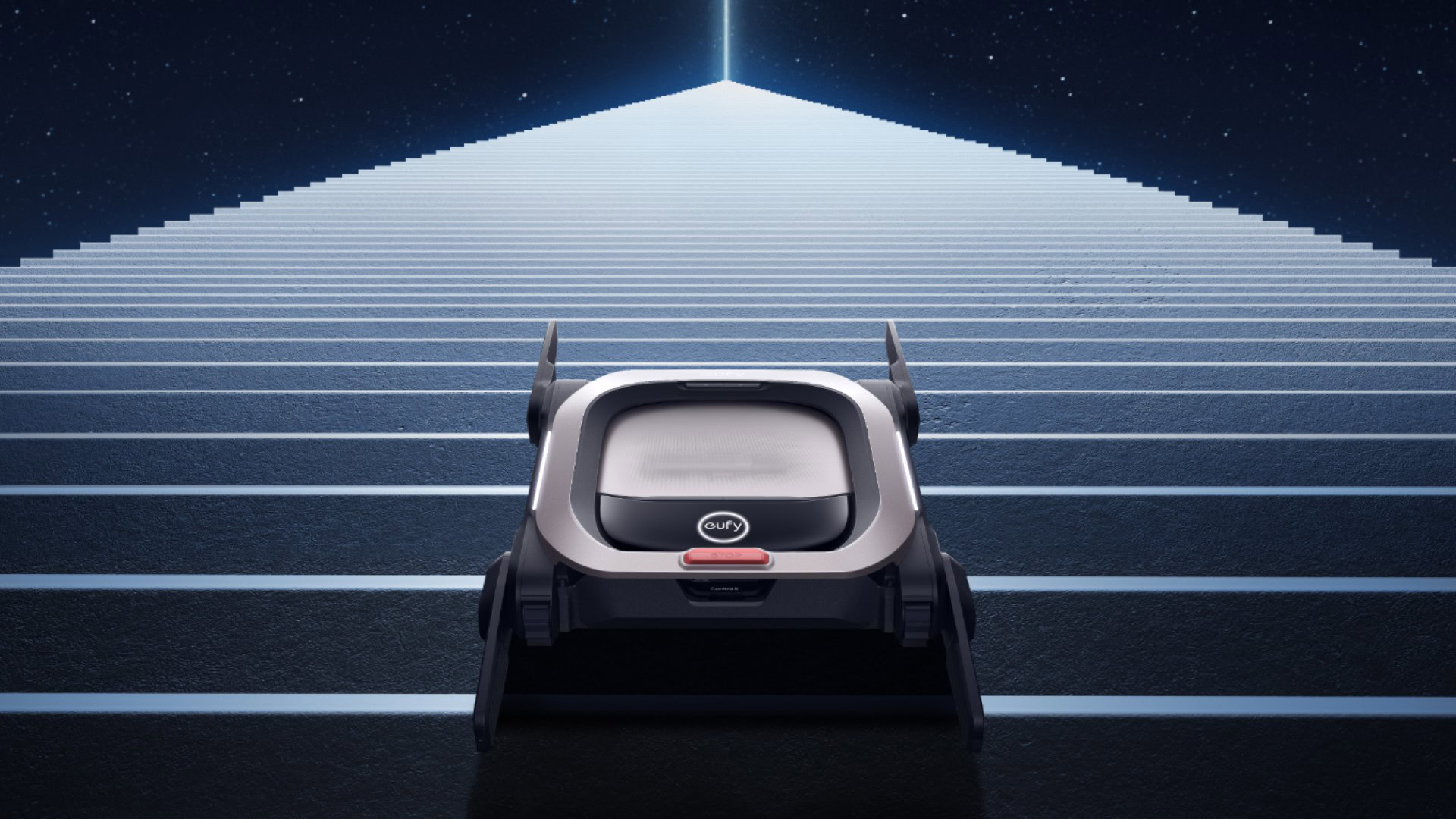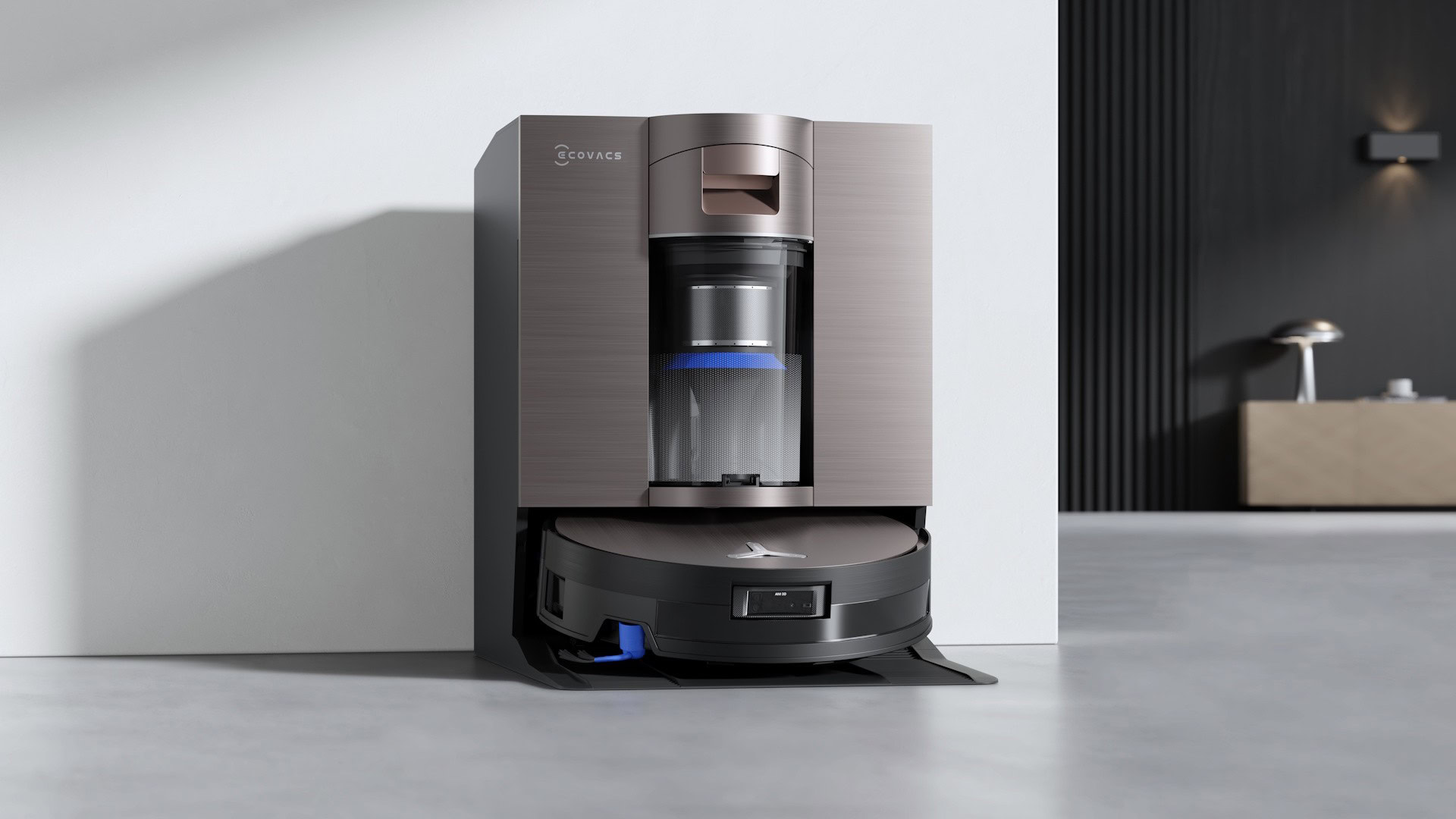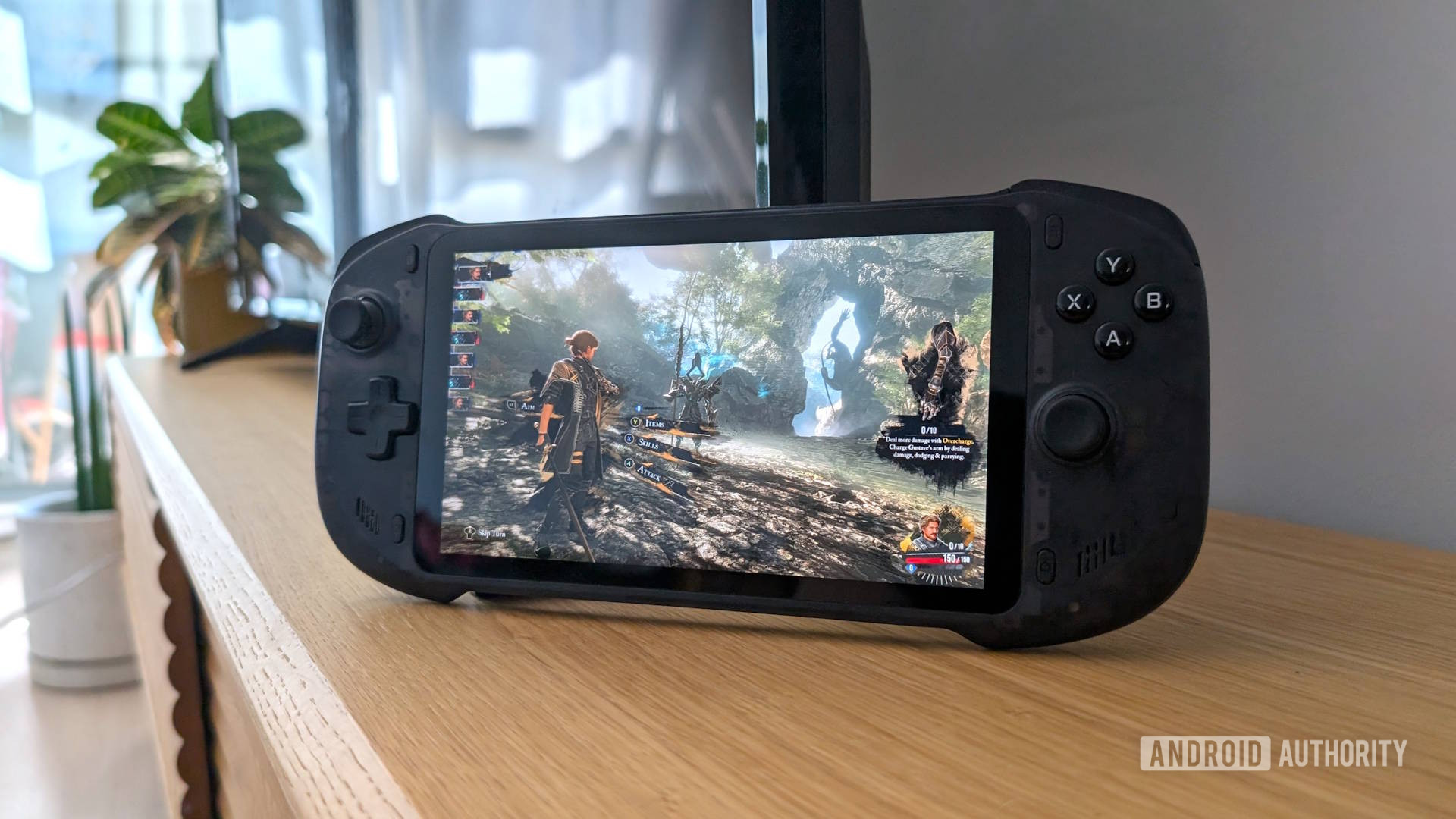Exploring love, social stigma and permanent families, Klick Health and Zombie Studio’s powerful stop-motion short tells the true story of an infant – Kevin - found in a New York subway and the two men - Pete Mercurio and Danny Stewart - who unexpectedly became his fathers.
25 years ago, partners Pete Mercurio and Danny Stewart didn’t have children on their radar… until one showed up, wrapped in swaddling blankets, on the floor of a subway station.
Klick Health Group’s latest stop-motion short film, animated by Zombie Studio, tells the true story of how Stewart found an infant named Kevin left in a New York subway, and with Mercurio, whom he’d been dating for three years at that point, began the emotional and difficult process of adopting the child.“We had never seriously discussed starting a family,” shared Stewart.
“At the time, we were in our early 30s, living in a small, one-bedroom apartment with a roommate, had credit card and student loan debt, and were in no way thinking about being parents.When the opportunity to adopt Kevin arose, I saw it as fate giving us a gift, one we could not refuse.” Kevin - named after Mercurio’s stillborn brother – has lived in a permanent family with his fathers for 23 years since the adoption was finalized in 2002.Since then, there have been many news stories written and broadcast about the family’s serendipitous formation, but they never imagined that one day a film, now available to watch on Mercurio’s website, would be made about their story.
But, then again, fatherhood had also come as a surprise.“An animated short film never crossed our minds,” says Mercurio, who has authored the memoir and the children’s picture book .“A couple of years ago, there was interest in creating a limited television series based on our family story.
And I’ve written a feature film screenplay which is currently being shopped to potential producers.But is really special.It captures all the emotion of our story through animated characters in just under 6 minutes.” Stewart adds, “We were in disbelief that folks wanted to make an animated film about us.
And then were in awe when we saw the animation for the first time.” The idea for the film began when Klick Health creative directors Andrea Bistany and Amy Fortunato were exploring topics for their next film.The wellness marketing group is known for their productions of other animated films like , focused on Café Joyeux and hiring within the Down Syndrome community, along with , about mental health awareness and animal adoption.Both of their previous animated films were based on true stories, and Bistany and Fortunato have found there’s magic in combining real stories with raw animation. “We had been researching stories to help us tell a more modern, inclusive narrative about what it means to be a family,” notes Bistany.
“We felt like that was a very relevant, timely message.We found articles about Pete, Danny and Kevin's incredible story, and the second we read it, we knew this was going to be the story we wanted to bring to life.And through conversations with Pete, we discovered that Danny was on the board of Second Nurture.” Second Nurture, referenced at the end of the six-minute short, is an organization that partners with local communities to offer real-time support for foster families in their own cities.
Their goal is to transform the experience of fostering from one of isolation and difficulty to one of shared responsibility, where a village can rally around foster families needing additional support.“The alignment between the film’s message and Second Nurture’s mission was immediate and organic,” says Susan Silverman, founder of Second Nurture.“Suddenly, strangers are family.
And when, among their peers, that family is unusual in their configuration, they need to find belonging.That’s what this film and Second Nurture both provide: the sense for foster and adoptive families, and for those around them, that they are not weird, that there are language and narrative for their family’s story.” For Stewart and Mercurio, making Kevin their son wasn’t as simple as a personal “Yes” or “No” decision.As with all U.S.
adoptions, there’s a legal process where a judge has final say.And there’s always been some social stigma among those who have never considered or otherwise look down on adoption.However, unlike adoptions by heterosexual couples, a gay, unmarried couple adopting a child they found in the subway was especially difficult… and controversial.
“There’s a sequence in the film with the three of us in the apartment window as the seasons change outside,” recalls Mercurio.“We did a lot of that in real life, staring out the window watching the world outside.It captures us as a family unit, bonded together forever, despite what might be going on outside.
You’re just thrust into this thing called parenthood.And, honestly, we were both surprised to discover we had natural paternal instincts.” Stewart adds, “And a lot of love to give.We let that be our guide in how we parented.
We knew we had to just take it day by day, be present, and not worry too much about the future.” Or about other people’s opinions.Throughout the film, large shadows are shown closing in around the mother as she gives Kevin up; shadows and critical words adorn the walls of Mercurio and Stewart’s apartment building as they foster Kevin and go through the process of building their family and adoption case. “Showing stigma, showing societal pressure and rejection, was non-negotiable for this film,” says Fortunato.“This was what we were combating, this insane pressure about whether or not you fit into the traditional family mold.
And there is this societal celebration of the families that really fit into the mold.We needed to show the tension.We needed to show the conflict.
Zombie did a really elegant and delicate job of tackling those pressures and those themes with their animation.” Zombie had previously worked with Klick Health on their film and, in all their projects, the character design and environments are crafted to specifically enhance the unique themes of their films.For , the weight of the responsibilities and pressures that come with parenting had to be seen and felt. “We wanted the characters of the dads to feel strong and grounded,” says Paulo Garcia, founder and director of Zombie Studio.“That's why the legs and feet are bigger in terms of proportion.
It’s a unique aesthetic and it poses a lot of challenges for us.Because the legs were so big and so heavy, moving the characters from one point to the next and dressing them took more work.But we were so in love with that design that we did the work to make it happen.” Garcia and his team were intent on including numerous details that were specific to Stewart and Mercurio, from pictures hanging in the apartment to the hat that’s become Mercurio’s identifier over the years.
However, the shadows that represent the city’s population outside of the family’s apartment were meant to be more ambiguous and open for interpretation. “Of course, it would have been hard for us to build all those puppets but, with them being shadows, viewers can project some of their own experience onto them,” says Garcia.“We wanted that heavy feeling to be there for everyone, even if they hadn’t been in Danny and Pete’s exact situation.Everyone knows that pressure.
And then when the shadows are moving up the wall, getting weaker or disappearing as the camera pans to where Danny, Pete and Kevin are looking out the window, it’s a very beautiful moment that would have been impossible to achieve if we used puppets instead.” Plenty of other abstract imagery illustrating the anxiety, excitement, anticipation, growing pains and even nausea that come with suddenly becoming a parent is used in the film, paralleling the 9-month adoption process to 9 months of pregnancy.The process isn’t identical, but both, in Fortunato’s words, “are equally valid paths to becoming a family.” “Ultimately we want foster children, and kids who get adopted, to also feel a sense of belonging, that they're worthy, and that all family types are valid and beautiful,” notes Fortunato, who made sure the film conveyed compassion and understanding for Kevin’s biological mother.It’s a part of production Fortunato still gets emotional talking about. “It makes me emotional when I talk about it, because it was so sweet,” says Fortunato.
“Pete shared how he always talked to Kevin about his mom and how she didn't abandon him.He and Danny would explain to Kevin how she must have felt such desperation, and that what she did was an act of love.None of them have ever met her, but it was important for us to honor her part in the story and do it in a way that was really compassionate.” Kevin, the heart of this story, wasn’t involved in the creative process like his fathers were.
But his opinion meant everything to the team, and when he finally saw the film, his reaction was touching. “Kevin has always been a keen observer and a person of few words, so when he does speak, it means something; it’s important to him,” says Mercurio.“His reaction to the film after seeing it was summed up in two words he shared in a text: ‘Super cool.’” Stewart says that while there were few words, there were many tears, at least his and Mercurio’s, after seeing the film. “We both cried,” says Stewart.“One, because the film and artistry is so beautiful.
Two, because it brings us back 25 years and lets us relive some miraculous moments all over again.We’re eternally grateful to the judge and feel blessed by the gift of becoming a family.So, we hope the film sparks meaningful conversations about what makes a family by challenging assumptions and inspiring people to support foster and adoptive families or even consider becoming one themselves.” Victoria Davis is a full-time, freelance journalist and part-time Otaku with an affinity for all things anime.
She's reported on numerous stories from activist news to entertainment.Find more about her work at victoriadavisdepiction.com.
From Struggle to Strength: How ‘47’ Was Made For and With the Down Syndrome Community
‘The Bridge’: A Lonely Man, An Abandoned Dog...and a Life-Saving Bond
‘Freebird’: Changing Hearts and Minds on the Realities of Down Syndrome
New Animated Short Challenges Misconceptions About Down Syndrome
Sesame Workshop Expands Autism Initiative, Releases ‘Backyard Camping’ Video with Exceptional Minds
‘Carl the Collector’: A Lovely Walk Inside the Mind of Autism
‘The Amazing Adventures of Awesome’ Bring Some Magic to World Autism Day








